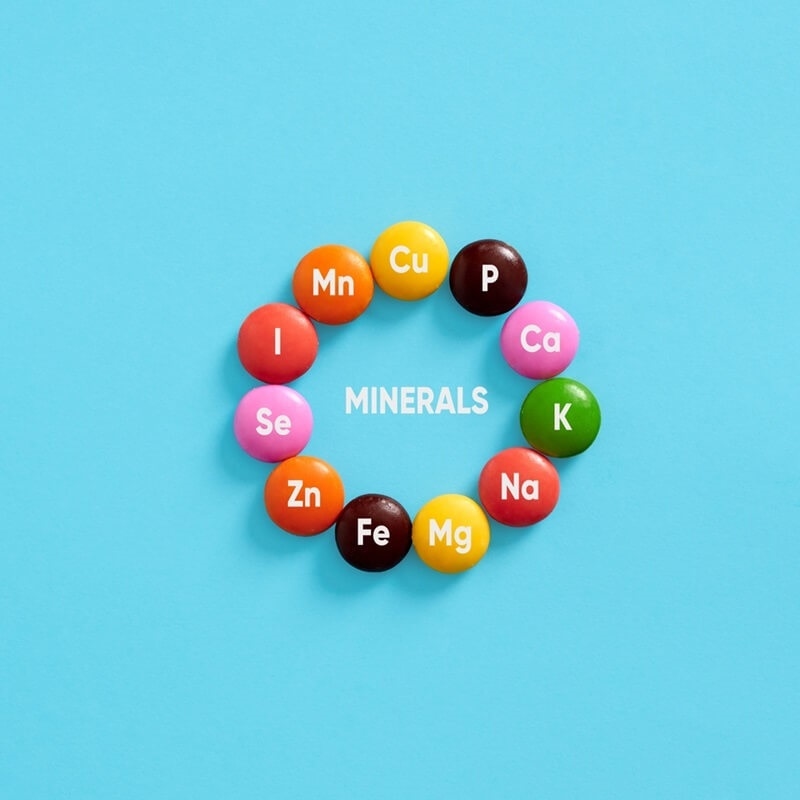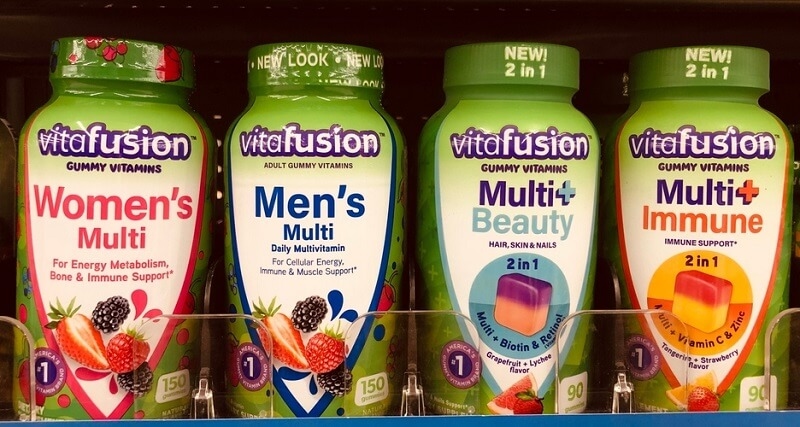
Learn What You Need to Know About 60 Essential Minerals Now

When it involves fitness and nutrition, few topics create as tons confusion as minerals. You’ve possibly heard that the body desires minerals to function; however, the verbal exchange becomes complicated while claims about 60 essential minerals are made. Some supplement groups and wellbeing specialists insist that your body requires all 60 minerals for top-rated health. Others argue that most effective a smaller subset is really “critical.” So, what’s the truth?
In this manual, we’ll break down what are crucial minerals are, explore how many minerals the body needs, and evaluate a practical hint minerals list that genuinely helps human fitness. By the cease, you’ll apprehend precisely what your frame needs—and what may simply be advertising and marketing hype.
What Are Essential Minerals and Why Do They Matter?
To begin, let’s make clear what vital minerals are. Essential minerals are inorganic factors that the body requires to carry out key organic functions. Unlike vitamins, which are natural compounds, minerals are observed in soil and water and absorbed through plant life or animals in our diet.
Essential minerals play roles in:
- Building sturdy bones and teeth
- Regulating nerve and muscle characteristics
- Supporting the immune device hobby
- Producing strength and enzymes
- Balancing fluids inside the frame
Without enough minerals, your frame can't function well. This is why discussions about 60 critical minerals regularly spark debate—are we truly lacking dozens of minerals in our diet, or are a few dozen sufficient?
Read Next: Save Money on Healthy Meals with Great Green Chef Coupons
How Many Minerals Does the Body Need Scientifically?

The query of how many minerals the body wants is important to know the reality. While some advocates of the 60 crucial minerals concept endorse that the frame requires all 60 to thrive, mainstream technological know-how recognizes fewer.
According to nutrition technology:
- Macrominerals (7 diagnosed): Needed in large amounts (calcium, phosphorus, potassium, sodium, chloride, magnesium, sulfur).
- Trace minerals (approximately 9 diagnosed): Needed in smaller amounts (iron, zinc, copper, manganese, iodine, selenium, chromium, molybdenum, fluoride).
That provides up to more or less 16 essential minerals, not 60. So why perform a little resource emphasis on 60 critical minerals? The answer lies in broader interpretations that encompass every mineral discovered in soil, even though the frame has no verified need for them.
In short, while your frame interacts with many minerals, technological know-how has simplest shown about 16 as “critical” for survival.
Exploring the 60 Essential Minerals Claim
Advocates of the 60 essential minerals principle argue that modern-day farming practices use up soil minerals, leading to deficiencies in the food delivered. According to this view, human beings might also benefit from supplementing with a wider variety of minerals—even those no longer but demonstrated important—because they may have subtle roles in fitness.
Examples occasionally covered in the 60 critical minerals claim are: vanadium, boron, lithium, silicon, nickel, and cobalt. While not all are recognized as vital, rising studies recommend that some trace quantities of those minerals can also affect fitness.
So, at the same time as authentic technological know-how says you want approximately sixteen, wellbeing practitioners argue for a broader trace minerals list to assist sturdiness and resilience.
Trace Minerals List and Their Functions
A usually referenced trace minerals listing includes the following:
- Iron – Carries oxygen within the blood.
- Zinc – Supports immunity and wound healing.
- Copper – Aids in energy production and iron metabolism.
- Manganese – Involved in bone formation and metabolism.
- Iodine – Necessary for thyroid hormone manufacturing.
- Selenium – Protects against oxidative stress.
- Chromium – Helps adjust blood sugar.
- Molybdenum – Assists in breaking down amino acids.
- Fluoride – Strengthens enamel and bones.
Some broader variations of the trace minerals listing also consist of boron, silicon, and vanadium. These aren't universally identified as critical; however, they may nevertheless offer fitness advantages.
This is why debates approximately how many minerals the body wants frequently pass beyond strict definitions and recall capacity supportive roles of other factors.
Read next: Crafting Your Favorite Fall Drinks: Key Tips & Tricks
Macrominerals vs. Trace Minerals
To better understand the difference between 16 as opposed to 60 vital minerals, it allows us to distinguish between the 2 principal categories:
- Macrominerals: Needed in large amounts each day (masses of milligrams). Examples: calcium for bones, sodium for fluid balance, magnesium for muscle relaxation.
- Trace Minerals: Required in microgram to milligram portions, along with iron or zinc.
Even though hint minerals are wanted in smaller quantities, deficiencies can still have profound consequences. For example, iron deficiency can cause anemia, whilst iodine deficiency can lead to thyroid issues.
This reinforces the importance of maintaining a balanced trace minerals listing for your diet.
Food Sources of Essential Minerals
One of the pleasant approaches to fulfill your mineral wishes is through whole meals. Here are examples of how to locate minerals certainly:
- Calcium: Dairy products, leafy veggies, fortified plant milks.
- Magnesium: Nuts, seeds, complete grains, legumes.
- Iron: Red meat, beans, lentils, spinach.
- Zinc: Shellfish, pumpkin seeds, fowl.
- Selenium: Brazil nuts, fish, eggs.
- Iodine: Seaweed, dairy, iodized salt.
By eating a numerous food plan, most human beings can cover the basics, even though they’re not eating all 60 critical minerals immediately.
When Supplementation Might Help
While food should constantly be the first source, dietary supplements may be beneficial in certain situations:
- Restricted diets: Vegans may additionally lack zinc, iron, or iodine.
- Digestive issues: Conditions like Crohn’s disorder can also impair absorption.
- Soil depletion: Some argue that crops these days contain fewer minerals due to present-day farming.
In these cases, multi-mineral supplements can offer a broader spectrum, once in a while including dozens of elements beyond the scientifically recognized necessities.
This is where the idea of 60 critical minerals becomes more appealing to individuals who need more insurance against deficiencies.
Risks of Excess Minerals
More isn't always better. While dietary supplements can fill gaps, too much of certain minerals may be toxic. For instance:
- Excess iron can harm the liver.
- Too much selenium can motive hair loss and brittle nails.
- High sodium consumption will increase the risk of high blood pressure.
This is why it’s crucial to talk over with a healthcare professional earlier than taking a broad-spectrum trace minerals list supplements. Understanding what number of minerals the body needs prevents accidental overdosing.
The Link Between Minerals and Chronic Stress
Interestingly, minerals also play a role in pressure resilience. Magnesium supports rest, zinc influences mood regulation, and selenium helps guard against oxidative stress. This link is frequently highlighted by proponents of the 60 essential minerals, who contend that a higher mineral diet may enhance immunity, vitality, and emotional equilibrium.
While not all claims are scientifically confirmed, it’s undeniable that proper mineral consumption contributes to higher pressure control and typical health.
How Many Minerals Does the Body Need Daily?
Nutritional guidelines, often known as Recommended Dietary Allowances (RDAs), include daily recommendations for a variety of minerals. For instance:
- Adults need to consume no more than 1,000 mg of calcium daily.
- Daily intake of 300 to 400 mg of magnesium.
- 8–18 mg of iron per day (more for those who are fertile).
- 8–11 mg of zinc each day.
- 55 mcg of selenium each day.
These numbers indicate the amount of minerals the body needs daily. Even within the scientific consensus, however, the specific requirements differ with age, sex, and level of fitness.
Practical Tips for Ensuring Adequate Mineral Intake
Whether you comply with the stern scientific definition or embrace the broader 60 crucial minerals philosophy, right here are steps to make certain your body gets what it wishes:
- Eat a Diverse Diet: Include greens, results, legumes, whole grains, nuts, seeds, dairy, and lean proteins.
- Check Your Health Status: Periodic blood tests can detect deficiencies in iron, magnesium, or zinc.
- Use Supplements Wisely: Consider multi-mineral dietary supplements only if you have nutritional regulations or deficiencies.
- Prioritize Absorption: Pair iron-wealthy foods with nutrition C to improve absorption.
- Limit Processed Foods: Excess sodium from processed ingredients can overshadow other minerals.
Learn More: Budget Bliss: Enjoying Healthy Eating On A Budget Now
Final Thoughts
The verbal exchange around 60 critical minerals is both charming and arguable. While science virtually identifies approximately 16 important minerals, the wider view indicates that dozens of trace elements may nevertheless play supportive roles in health.
Understanding what important minerals are, reviewing what number of minerals the body needs, and reviewing a complete trace minerals listing enables separating fact from hype. Ultimately, the important thing to mineral balance lies in a number of weight loss programs, aware supplementation, and ongoing research into the lesser-known factors that can one day show vital.
Your body might not want all 60 essential minerals confirmed with the aid of technology simply yet, but staying knowledgeable ensures you’re giving yourself the high-quality chance at lengthy-time period wellbeing.























